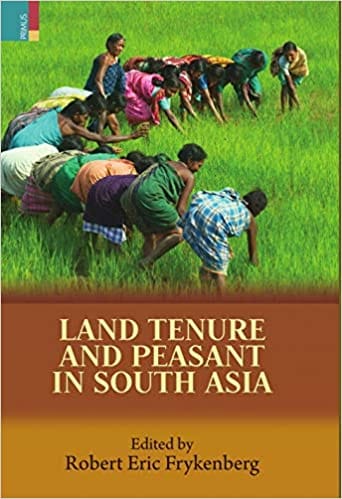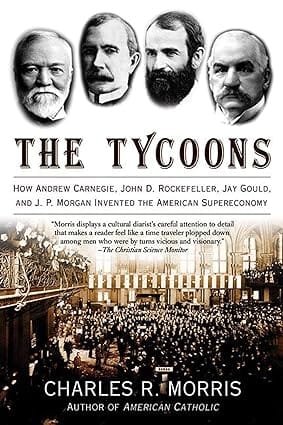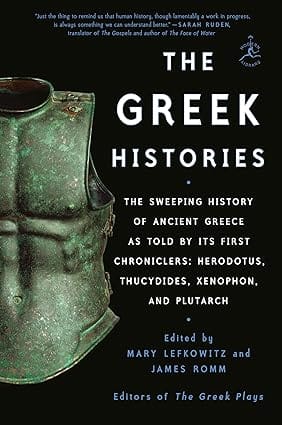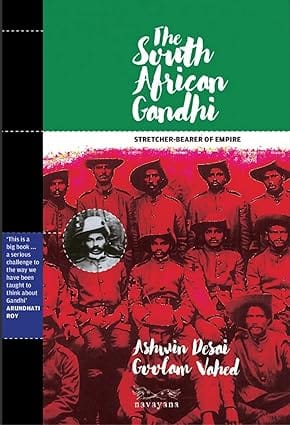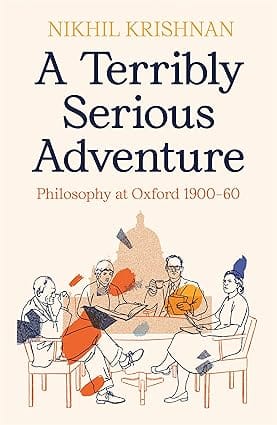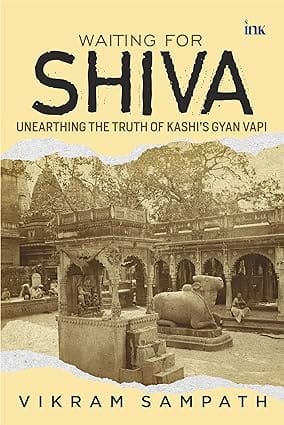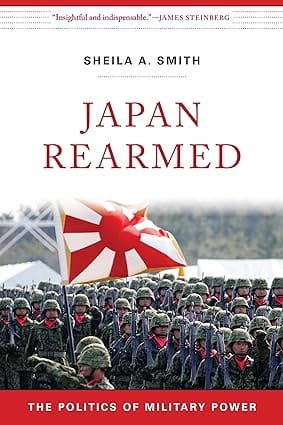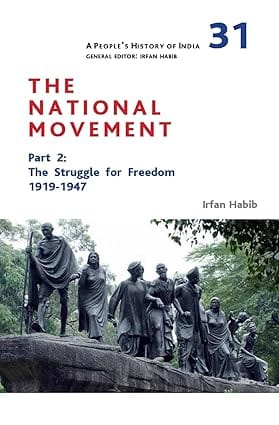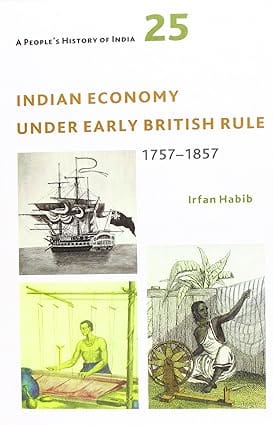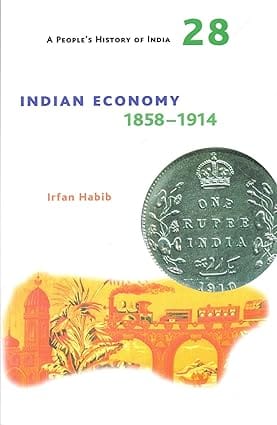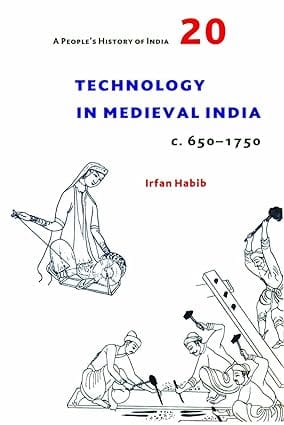WELCOME TO MIDLAND BOOK SHOP!
SHOP FOR
- Contemporary Fiction
- Contemporary Fiction
- Children
- Children
- Comics & Graphic Novels
- Comics & Graphic Novels
- Non-Fiction
- Non-Fiction
- Fiction
- Fiction
Shop No.20, Aurobindo Palace Market, Hauz Khas, Near Church +91 9818282497 | 011 26867121 110016 New Delhi IN
Midland The Book Shop ™
Shop No.20, Aurobindo Palace Market, Hauz Khas, Near Church +91 9818282497 | 011 26867121 New Delhi, IN
+919871604786 https://www.midlandbookshop.com/s/607fe93d7eafcac1f2c73ea4/6468e33c3c35585403eee048/without-tag-line-480x480.png" [email protected]9789389850192 637e12b2edc1e890da7b8a11 Land Tenure And Peasant In South Asia https://www.midlandbookshop.com/s/607fe93d7eafcac1f2c73ea4/637e12b3edc1e890da7b8bcb/51ly8w-7yal-_sx340_bo1-204-203-200_.jpg 9789389850192
Nowhere on Earth is the relationship between man and land more complicated and seemingly as intractable as in South Asia. India alone, with some 1. 37 billion people, most of whom work The land for a living, has known famine and scarcity on a scale unknown elsewhere. This has mocked humanity, threatened world peace and urged need to investigate causes and remedies. Chapters in this volume look at issues of land, tenure, and peasant from a variety of different disciplines—history, anthropology, economics, Geography, political Science, sociology. They furnish fresh insights on discrete localities and problems. Each is by a specialist who deals with intricate ways in which land and Lord and labour have been combined and changed. Poverty and scarcity are not the same. Abolishing poverty by economic development alone, without coming to grips with conflicts, can beg the question and end in futility. Contributors emphasises the fallacy of thinking that, with just a little more money, fertilizer or know-how (often coming from an alien environment), problems of land tenure and distribution can be resolved. Socio-economic engineering, however well intentioned, is prone to end in frustration and failure, quite oblivious of how or why.
About the Author
Robert Eric Frykenberg is Emeritus Professor of History and South Asian Studies, University of Wisconsin – Madison. His publications include Guntur District, 1788–1848: A History of Local Influence and Central Authority in South India (1965); India: Today’s World in Focus (1968); European History in World Perspective (1974); and Christianity in India: Beginnings to the Present (2008, 2010). Frykenberg has edited Land Control and Social Structure in Indian History (1969; revd edn in paperback 2020); Delhi Through the Ages: Essays on Urban History, Culture, and Society (1986; revd edn in paperback 1993); Christians and Missionaries in India: Cross-Cultural Communication Since 1500, With Special Reference to Caste, Conversion, and Colonialism (2003); and co-edited with Judith M. Brown, Christians, Cultural Interactions and India’s Religious Traditions (2002).
out of stock INR 280
1 1
Email ID already exists!
Your Current password is incorrect
Password Updated Successfully
Thanks for your Feedback
Land Tenure And Peasant In South Asia
ISBN: 9789389850192
₹280
₹350 (20% OFF)SIZE GUIDE
Back In Stock Shortly
Sold By: Hauz Khas - Aurobindo Market
Details
- ISBN: 9789389850192
- Author: Robert Eric Frykenberg
- Publisher: Primus Books
- Pages: 402
- Format: Paperback
Book Description
Nowhere on Earth is the relationship between man and land more complicated and seemingly as intractable as in South Asia. India alone, with some 1. 37 billion people, most of whom work The land for a living, has known famine and scarcity on a scale unknown elsewhere. This has mocked humanity, threatened world peace and urged need to investigate causes and remedies. Chapters in this volume look at issues of land, tenure, and peasant from a variety of different disciplines—history, anthropology, economics, Geography, political Science, sociology. They furnish fresh insights on discrete localities and problems. Each is by a specialist who deals with intricate ways in which land and Lord and labour have been combined and changed. Poverty and scarcity are not the same. Abolishing poverty by economic development alone, without coming to grips with conflicts, can beg the question and end in futility. Contributors emphasises the fallacy of thinking that, with just a little more money, fertilizer or know-how (often coming from an alien environment), problems of land tenure and distribution can be resolved. Socio-economic engineering, however well intentioned, is prone to end in frustration and failure, quite oblivious of how or why.
About the Author
Robert Eric Frykenberg is Emeritus Professor of History and South Asian Studies, University of Wisconsin – Madison. His publications include Guntur District, 1788–1848: A History of Local Influence and Central Authority in South India (1965); India: Today’s World in Focus (1968); European History in World Perspective (1974); and Christianity in India: Beginnings to the Present (2008, 2010). Frykenberg has edited Land Control and Social Structure in Indian History (1969; revd edn in paperback 2020); Delhi Through the Ages: Essays on Urban History, Culture, and Society (1986; revd edn in paperback 1993); Christians and Missionaries in India: Cross-Cultural Communication Since 1500, With Special Reference to Caste, Conversion, and Colonialism (2003); and co-edited with Judith M. Brown, Christians, Cultural Interactions and India’s Religious Traditions (2002).
User reviews
NEWSLETTER
Subscribe to get Email Updates!
Thanks for subscribing.
Your response has been recorded.

India's Iconic & Independent Book Store offering a vast selection of books across a variety of genres Since 1978.
"We Believe In The Power of Books" Our mission is to make books accessible to everyone, and to cultivate a culture of reading and learning. We strive to provide a wide range of books, from classic literature, sci-fi and fantasy, to graphic novels, biographies and self-help books, so that everyone can find something to read.
Whether you’re looking for your next great read, a gift for someone special, or just browsing, Midland is here to make your book-buying experience easy and enjoyable.
We are shipping pan India and across the world.
For Bulk Order / Corporate Gifting
 +91 9818282497 |
+91 9818282497 |  [email protected]
[email protected]
Click To Know More
INFORMATION
ACCOUNT
TRACK SHIPMENT
ADDRESS
Midland Book Shop - Hauz Khas
Shop No.20, Aurobindo Palace Market, Near Church, New Delhi
Shop No.20, Aurobindo Palace Market, Near Church, New Delhi

